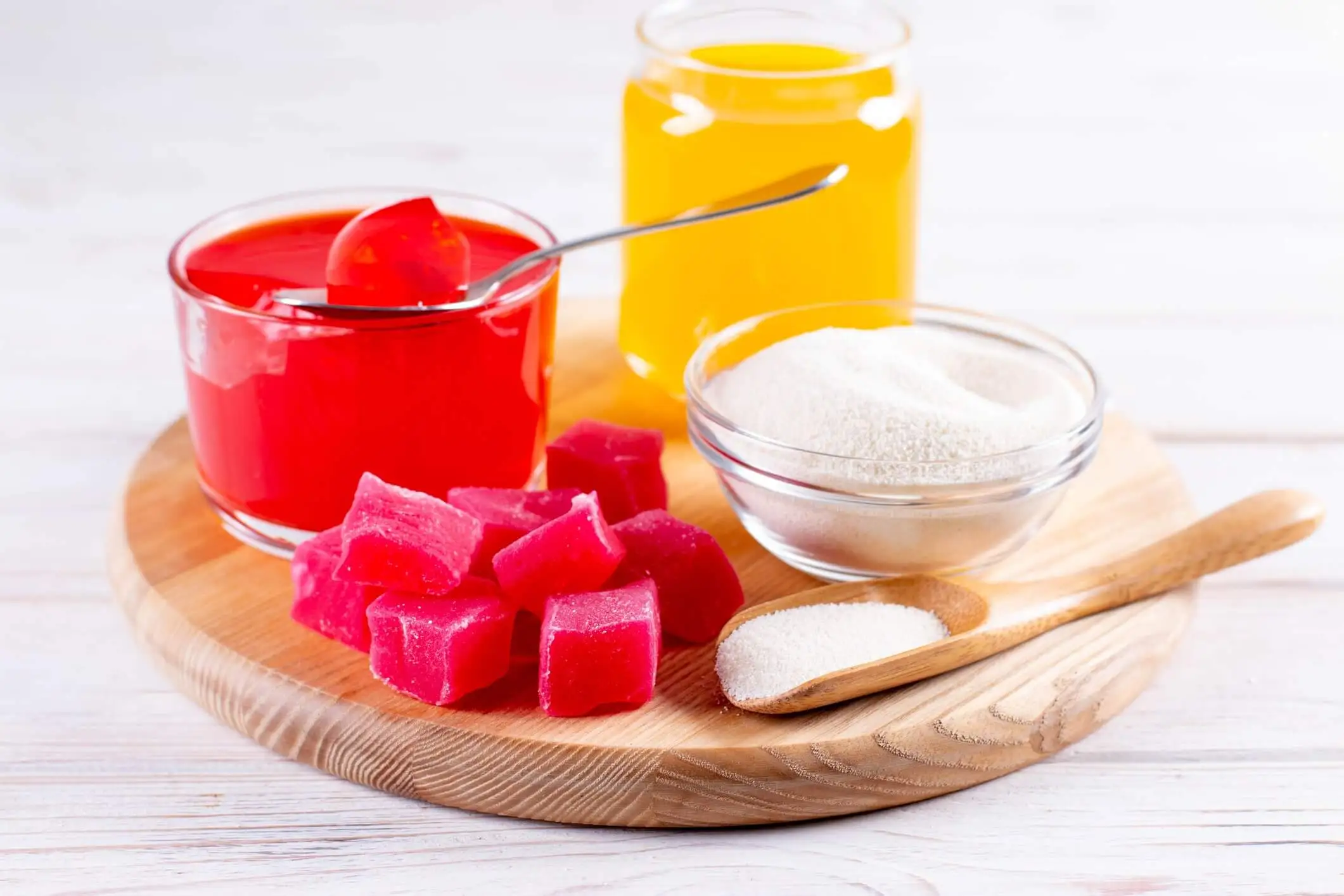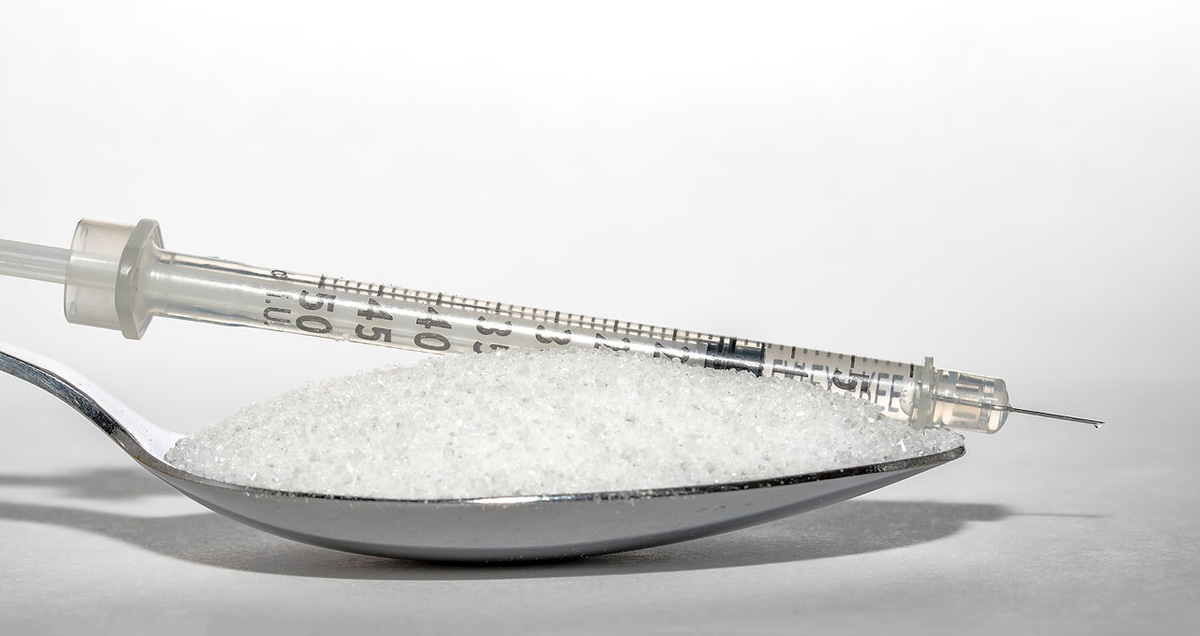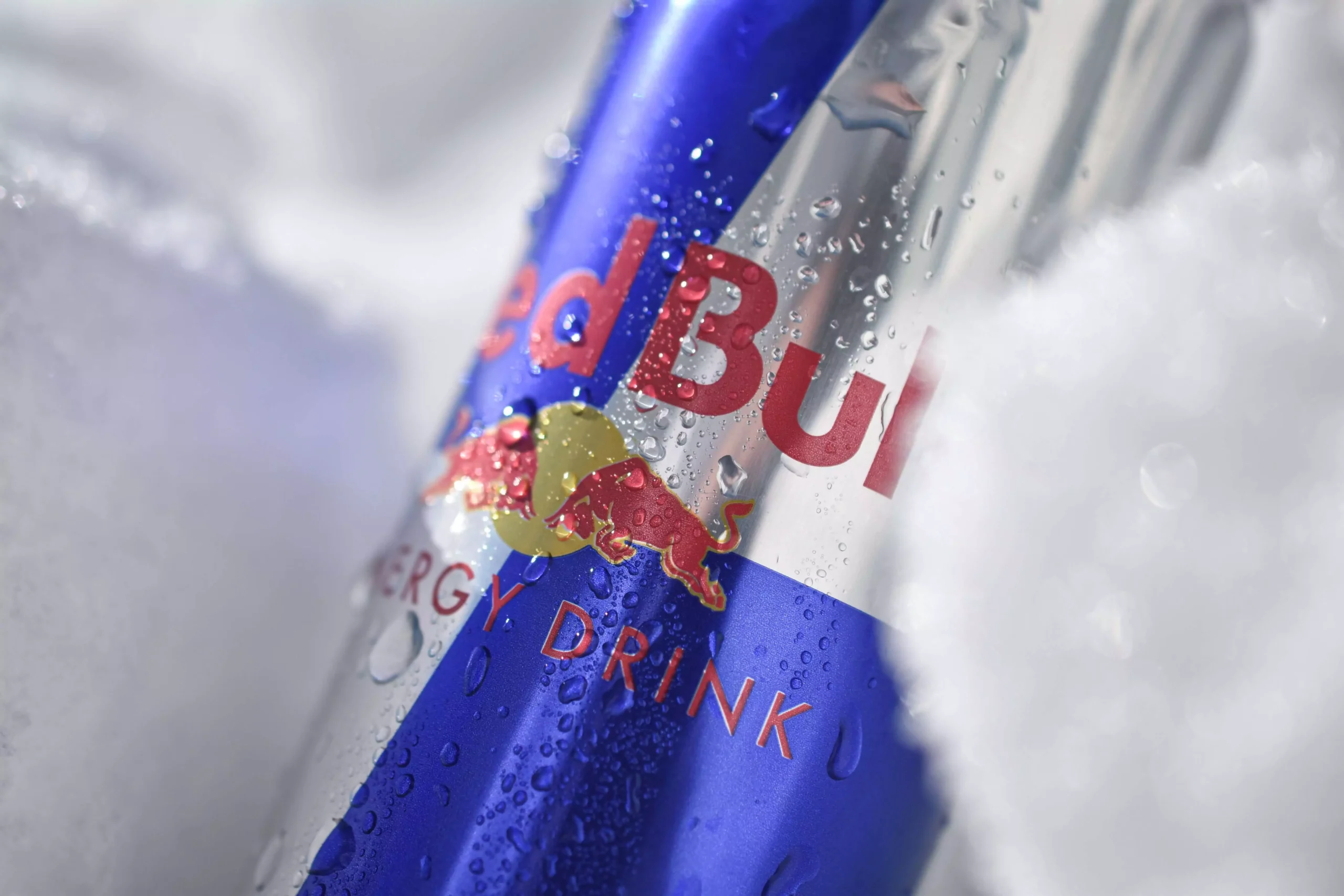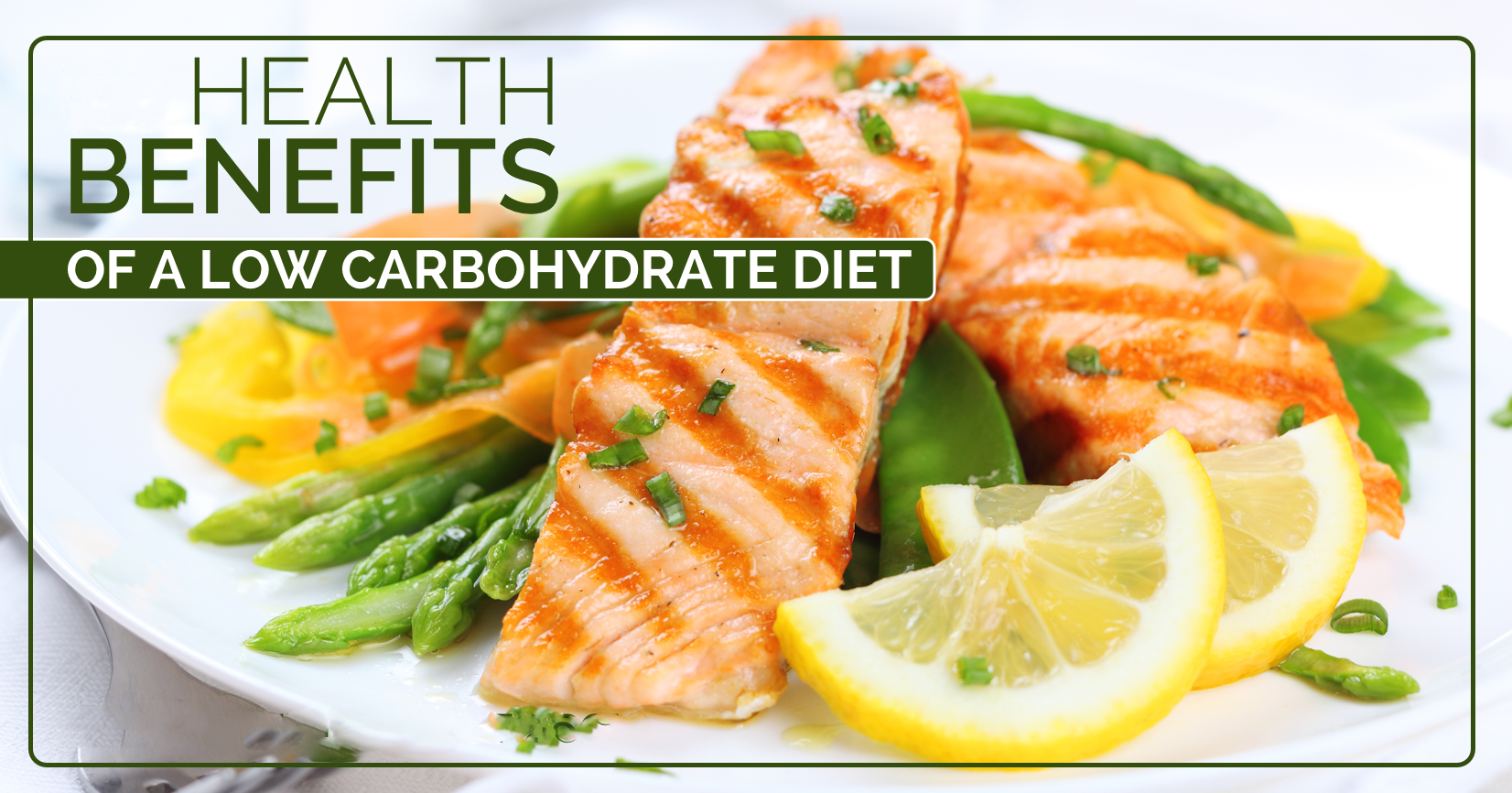Diet Coke is a popular beverage for those looking to reduce their sugar intake while still enjoying the classic taste of a cola. But how does it stack up when it comes to nutrition? In this article, we dive deep into Diet Coke nutrition facts, its ingredients, and health considerations so you can make informed choices about your soda consumption.

Content
Nutrition and Ingredients
Diet Coke is designed as a sugar-free, zero-calorie drink, making it an attractive choice for those watching their calorie intake or seeking a sugar substitute. Here’s a breakdown of what’s inside a standard 12-ounce (355 mL) can of Diet Coke:
- Calories: 0
- Total fat: 0g
- Sodium: 40mg (2% DV)
- Total carbohydrates: 0g
- Sugars: 0g
- Protein: 0g
- Caffeine: 46mg
Key ingredients in Diet Coke include:
- Carbonated water: The base of the soda.
- Caramel color: Gives the soda its signature color.
- Phosphoric acid: Provides acidity for flavor.
- Aspartame: An artificial sweetener that gives Diet Coke its sweetness without adding sugar or calories.
- Natural flavors: Used to create the distinctive cola taste.
- Caffeine: Adds a mild stimulant effect.
While Diet Coke is calorie-free, its taste and fizz come from ingredients like artificial sweeteners and acids that serve functional purposes but don’t contribute any nutritional value.
Diet Coke Nutrition Facts vs. Regular Coke
Understanding Diet Coke nutrition facts becomes clearer when compared to the nutritional profile of regular Coca-Cola. A 12-ounce (355 mL) can of regular Coke contains:
| Nutrient | Diet Coke (12 oz) | Regular Coke (12 oz) |
| Calories | 0 | 140 |
| Sugars | 0g | 39g |
| Carbohydrates | 0g | 39g |
| Sodium | 40mg | 45mg |
| Caffeine | 46mg | 34mg |
Key Takeaway: While Diet Coke eliminates sugar and calories, regular Coke contains 39 grams of sugar and 140 calories per can. Choosing Diet Coke can be a way to avoid the blood sugar spikes that come with regular sugary sodas.
Health Considerations
While Diet Coke can be a good choice for those seeking to cut back on sugar, there are important health considerations to keep in mind:
1. Artificial Sweeteners and Metabolism
Diet Coke’s primary sweetener, aspartame, is significantly sweeter than sugar, allowing it to mimic the taste without contributing to caloric intake. However, some studies suggest that artificial sweeteners might impact metabolism and gut bacteria, although the research is ongoing.
2. Dental Health
Even though Diet Coke doesn’t contain sugar, it is still acidic. The phosphoric acid can contribute to the erosion of tooth enamel over time, especially with regular consumption. It’s a good idea to drink it in moderation and rinse your mouth with water afterward.
3. Caffeine Sensitivity
Each can of Diet Coke contains about 46mg of caffeine, which is roughly equivalent to half a cup of coffee. While it’s not a huge amount, it can still cause issues for those who are sensitive to caffeine. If you’re trying to limit your caffeine intake, consider opting for caffeine-free Diet Coke.
4. No Nutritional Value
Diet Coke is essentially a zero-calorie, zero-nutrient beverage. It contains no vitamins, minerals, or dietary fiber, so while it’s calorie-free, it also doesn’t provide any nutritional benefits.
Is Diet Coke a Healthy Choice?
The answer depends on your personal health goals and preferences. For people trying to reduce sugar intake or control their weight, Diet Coke can be a suitable alternative to regular sugary sodas. However, it’s important to remember that Diet Coke nutrition facts show that it offers little more than flavor and fizz.
- Weight Management: As a calorie-free alternative, Diet Coke may help you reduce overall calorie consumption when substituting for regular soda.
- Blood Sugar Control: It’s a good option for those with diabetes or those following low-carb diets, as it contains no sugar or carbohydrates.
- Nutritional Balance: If your focus is on nutrition, Diet Coke won’t provide the benefits that whole foods and beverages like water, herbal teas, or natural juices can offer.
Tips for Cutting Back
If you’re looking to reduce your consumption of Diet Coke, or soda in general, here are a few strategies:
- Gradually Reduce: Slowly cut back on the number of Diet Cokes you drink per day to avoid withdrawal symptoms.
- Try Sparkling Water: If you miss the carbonation, sparkling water can provide the same fizzy sensation without the added artificial ingredients.
- Infuse Your Water: Add fresh fruit or herbs to water for a flavorful, natural alternative to Diet Coke.
- Be Mindful of Triggers: Identify when and why you typically drink Diet Coke and try replacing those moments with healthier choices.
Bottom Line
Diet Coke nutrition facts reveal that it’s a zero-calorie, sugar-free drink that offers an alternative to regular sodas for those seeking to reduce their sugar or calorie intake. While it lacks nutritional value and contains artificial sweeteners, it can be enjoyed in moderation as part of a balanced lifestyle.
Ultimately, whether Diet Coke is a healthy choice depends on your individual health goals and preferences. It’s not a health beverage, but it can fit into a calorie-controlled diet. If you’re looking to make healthier, more natural beverage choices, consider alternatives like flavored sparkling water or herbal teas. As always, moderation is key.
FAQs
What are the nutrition facts for Diet Coke?
Diet Coke contains 0 calories, 0g of sugar, 0g of carbohydrates, and 46mg of caffeine per 12 oz can. It’s a calorie-free alternative to regular sodas.
Is Diet Coke healthy?
While Diet Coke is sugar-free and low in calories, it doesn’t offer any nutritional value and contains artificial sweeteners. Moderation is key for health-conscious individuals.
Does Diet Coke have sugar?
No, Diet Coke contains no sugar. It uses artificial sweeteners like aspartame to mimic the sweet taste without adding calories or sugar.

Helen Bradley is a health blogger and the founder of her own blog about fitness. She has been blogging for three years now and loves to share what she learns with others. Helen enjoys reading, cooking, and staying active outdoors.











